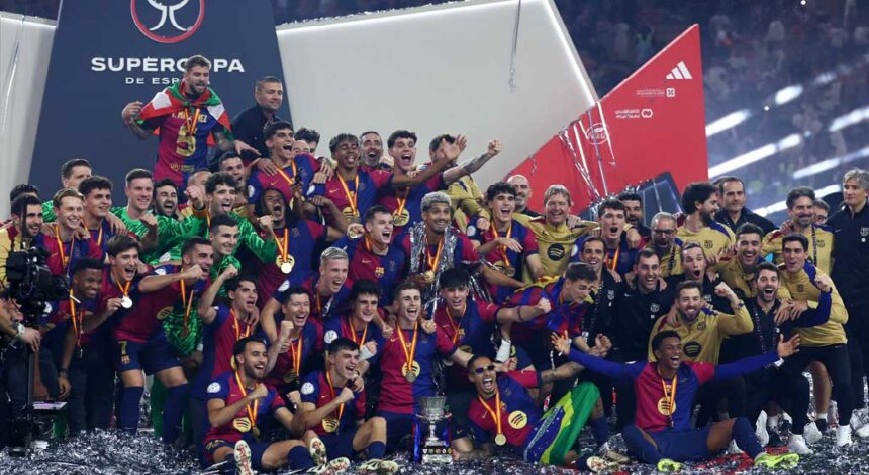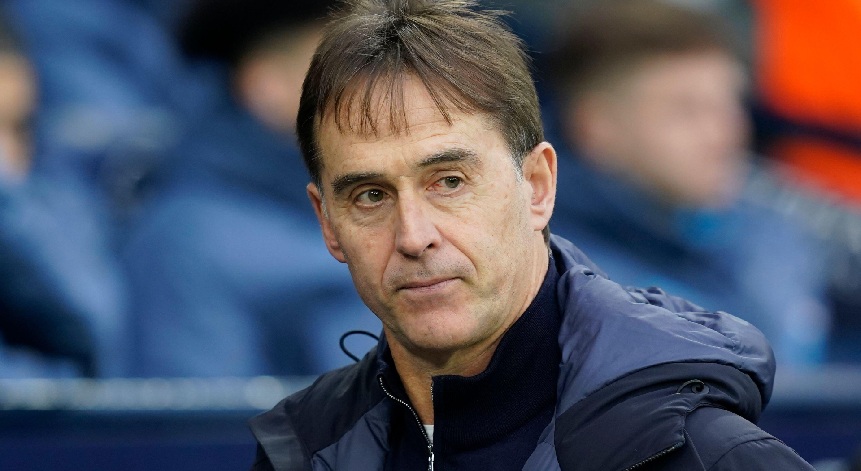When the draw for this season's Champions League group stage unfolds in Monaco this Thursday at 1600 GMT, Manchester City, alongside the finest teams in European football, will discover their destinies.
Pep Guardiola's squad clinched their maiden title last season, marking a triumphant moment following several near misses in recent years. They secured the coveted trophy with a 1-0 victory over Inter Milan in June, courtesy of a solitary strike by Rodri.
They are therefore in the first pot of seeds for this season’s group phase, along with Europa League winners Sevilla as well as Barcelona, Bayern Munich, Napoli, Paris Saint-Germain, Feyenoord and Benfica.
Those six clubs are, like City, the champions of the top ranked European nations, and the format of the draw means many of the teams to avoid will therefore be in the second pot.
That is where record 14-time European champions Real Madrid – winners in 2022 – lurk along with the likes of Inter and Premier League giants Arsenal and Manchester United.
The Gunners are back in Europe’s elite club competition for the first time since 2016/17 after Mikel Arteta’s side finished second behind City in England last season.
The fourth Premier League representatives are Newcastle United, who have not appeared in the Champions League in two decades and will be in pot four for the draw.
That means the Magpies can expect to find themselves in an extremely tough group, with Borussia Dortmund and Atletico Madrid also in pot two and AC Milan and Lazio among the third seeds.
As well as Newcastle, fresh faces in this season’s competition include Lens of France, who are also back in the Champions League for the first time in 20 years.
Union Berlin will be appearing for the first time in their history after finishing fourth in the Bundesliga last season.
The inaugural matches of the group stage are scheduled for September 19 and 20, while the grand finale of this season's Champions League will grace Wembley Stadium in London on June 1, 2024.
This marks the culmination of the current Champions League format, which has endured for two decades.
Next season will see Uefa introduce a new, expanded group stage featuring 36 teams, up from the current 32, with everyone playing eight matches instead of the current six in a format known as the “Swiss system”.
The Champions League is the peak of club football on the continent, and the prize money reflects that. Uefa gave participating clubs a total of two billion euros ($2.19 billion).
15.64 million euros are worth for making it to the group stage, while an additional 2.8 million euros are added for each victory.
In addition to that, the winning team will receive more than 50 million euros in prize money.
Teams also receive money based on their own position in Uefa’s club ranking – this means that Real Madrid get over 36 million euros as the top-ranked side, with the amount dropping progressively so the lowest-ranked team receive only just over one million euros.
The gala event in Monaco will also see European football’s governing body dish out their awards for last season, with City stars Kevin De Bruyne and Erling Haaland up for the men’s player of the year prize.
They are joined on the three-man shortlist by Lionel Messi, who is now at Inter Miami after leaving PSG in June.
Spain’s World Cup-winning stars Aitana Bonmati and Olga Carmona are nominated to succeed their teammate Alexia Putellas as winner of the women’s prize, along with Sam Kerr of Australia and Chelsea.

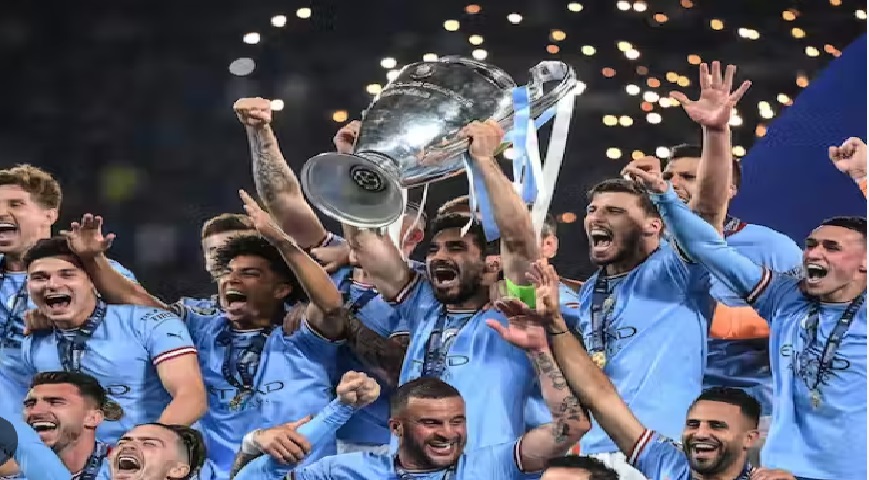
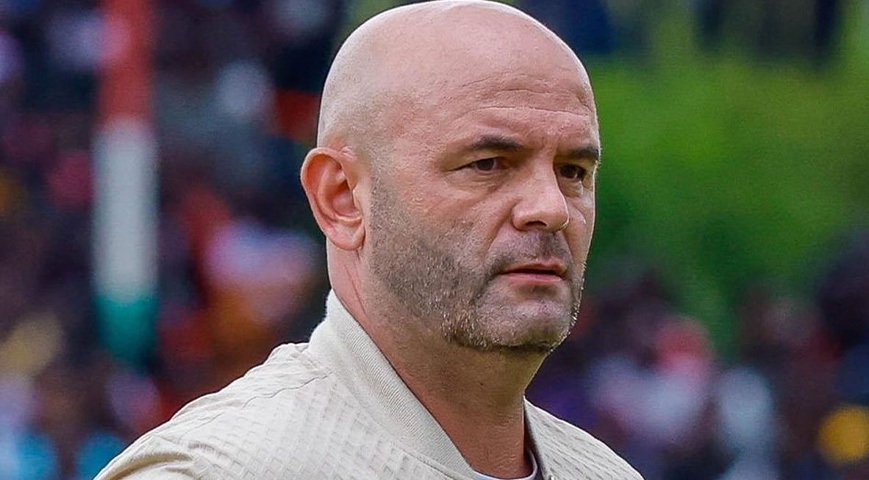
-1740810575.png)
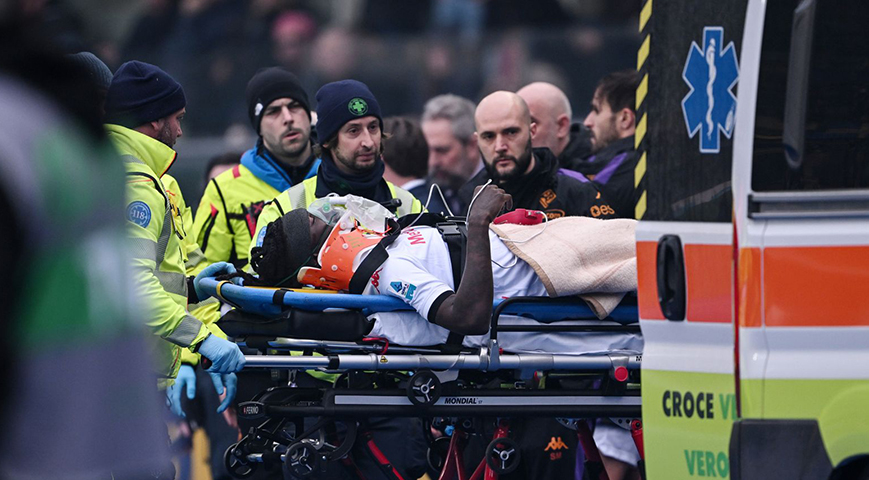
[1]-1740218631.jpg)
